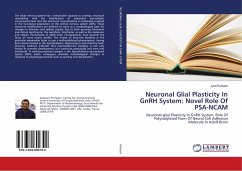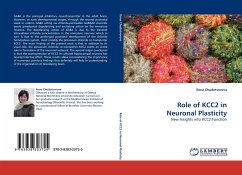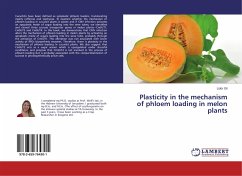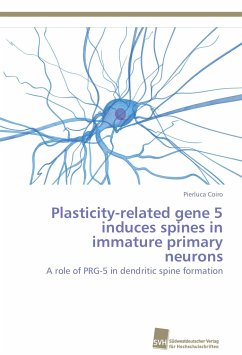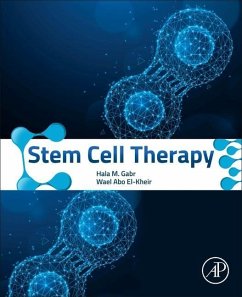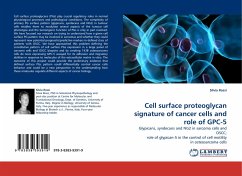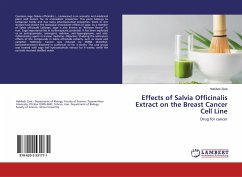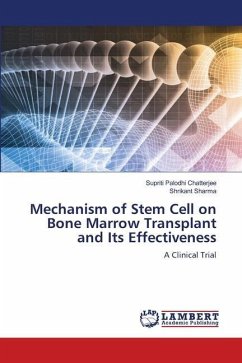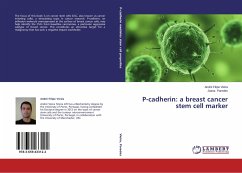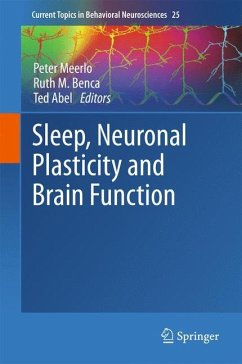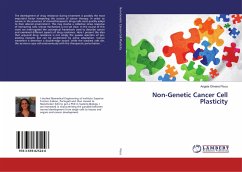
Non-Genetic Cancer Cell Plasticity
Versandkostenfrei!
Versandfertig in 6-10 Tagen
51,99 €
inkl. MwSt.

PAYBACK Punkte
26 °P sammeln!
The development of drug resistance during treatment is possibly the most important factor hampering the success of cancer therapy. In order to survive in the presence of chemotherapeutic drugs cells must quickly adapt to their altered environment. This may involve a collective stress response of interacting cells, whose mechanism is not yet clear. In the course of this work we interrogated the conceptual framework used to describe cancer and examined different aspects of drug resistance. Here I present the idea that acquired drug resistance is not simply the passive selection of pre-existing m...
The development of drug resistance during treatment is possibly the most important factor hampering the success of cancer therapy. In order to survive in the presence of chemotherapeutic drugs cells must quickly adapt to their altered environment. This may involve a collective stress response of interacting cells, whose mechanism is not yet clear. In the course of this work we interrogated the conceptual framework used to describe cancer and examined different aspects of drug resistance. Here I present the idea that acquired drug resistance is not simply the passive selection of pre-existing mutants but can be accelerated by active adaptation. Cancer treatment is therefore a double-edge sword: while the weakest cells die, the survivors cope cell-autonomously with the therapeutic perturbation.



